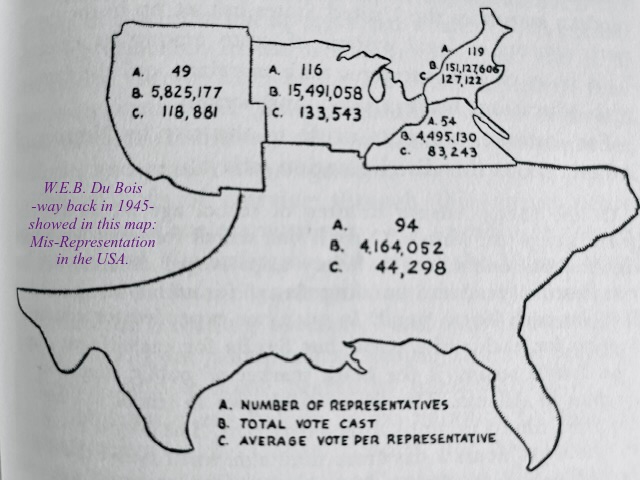February is Black History Month, followed by Women’s History Month in March.
We can learn more about Blacks and women than just their history, and we can learn a lot from Blacks and women. Decades ago I read an article about how much co-workers knew about each other’s real agendas, their real wishes and desires in the workplace. It turns out “subordinates” understand a lot about the real agendas of their “superiors” while the bosses were pretty baffled about what their workers wanted.
I thought instantly of the false hierarchical standings that society gives to various groups of people, like the “subordinate” groups of Blacks and of women. In order to get along in life, we must understand more about the “top of the food chain” — the “superiors” — than they, in order to get along in life, need to know about us. (And, of course, my saying that does not deny that there are many fine and wonderful people in the “top” groupings. A majority in fact.)
An example of this increased understanding in today’s world is found in the Republic of South Africa’s case against Israel for violations of the Genocide Convention. South Africa has the history and understanding of what it is to have one group of people be counted less valuable than another group, as it was in the apartheid system they experienced.
South Africans understand that apartheid ended more than 30 years ago with the support of millions of people outside their country, including divestment movements in the US and elsewhere. Now South Africa is a leading nation within the vast majority of nations calling for a ceasefire, if not a total end to the destruction of Gaza. Incredibly, this past month the US was the only country out of 15 to veto a UN Security Council resolution draft that would call for an immediate ceasefire in Gaza, with the United Kingdom abstaining.
Black activist author W.E.B. Du Bois (1868-1963) wrote his book Color and Democracy: Colonies and Peace soon after the Dumbarton Oaks Conference was held in Washington DC in 1944 to foster peace after the horrors of World War II. Du Bois had long been looking at imperialism and colonialism, words that are increasingly relevant today. His 1945 description of Color and Democracy is pertinent to our times in multiple ways:
This book seeks to weave into one fabric of world peace, founded on democracy: the seemingly separate threads of the problem of colonies and their peoples; the problem of foreign investments for profit; the question of the expansion of democratic governments for the mass of men; the future role of Russia and her ideologies in the world; and the possibility of world governments, through mandates and missions. Out of these threats, and not otherwise, the author believes will come the only trustworthy material on which permanent abolition of war can be built.
Also in Color and Democracy: Colonies and Peace, Du Bois included the distorted map of the USA to show the distorted representation in the USA. The problem Du Bois pointed out continues to this day, “This lack of democratic methods not only gives the South four times the political power of the Middle West, but also gives it control of some of the most powerful committees in the Senate.” Also, due to the mis-representation of the Electoral College, both Bush in 2000 and Trump in 2016 took office without being elected by the popular vote.
I wish the US, UN, UK and all other United Whatevers had learned from Du Bois 80 years ago, and implemented his ideas. I hope we can learn today from recent and current Black people including the news source Black Agenda Report, and from James Baldwin, Toni Morrison, Alice Walker, and countless others. We can learn from the perspective of folks who have had to understand much in order to get along in life, and in world affairs.
Peace, for real,
Laura
PLUS: The Green Voter Guide has recommendations for the March 5, 2024 primary in California. It’s useful for the whole state, with special focus on Alameda County.

